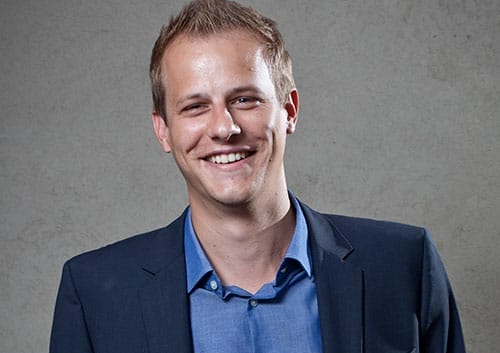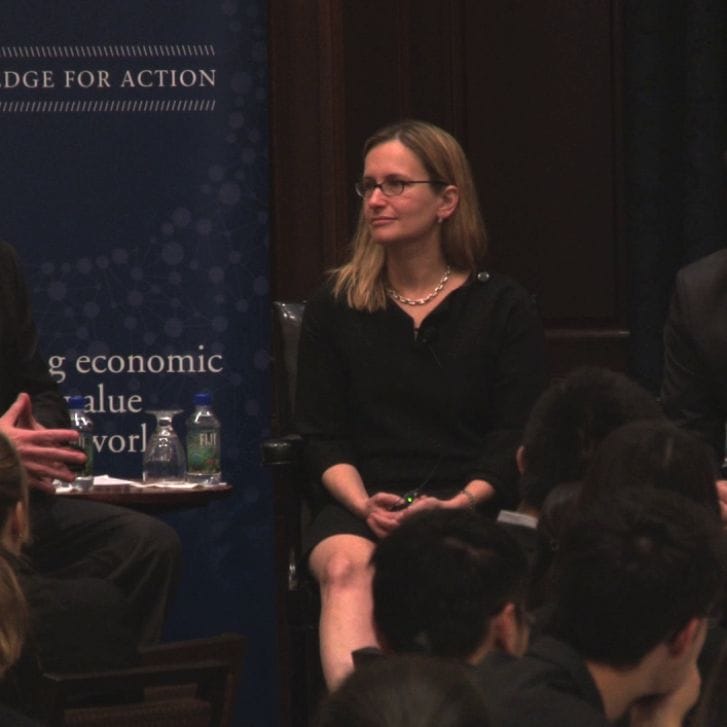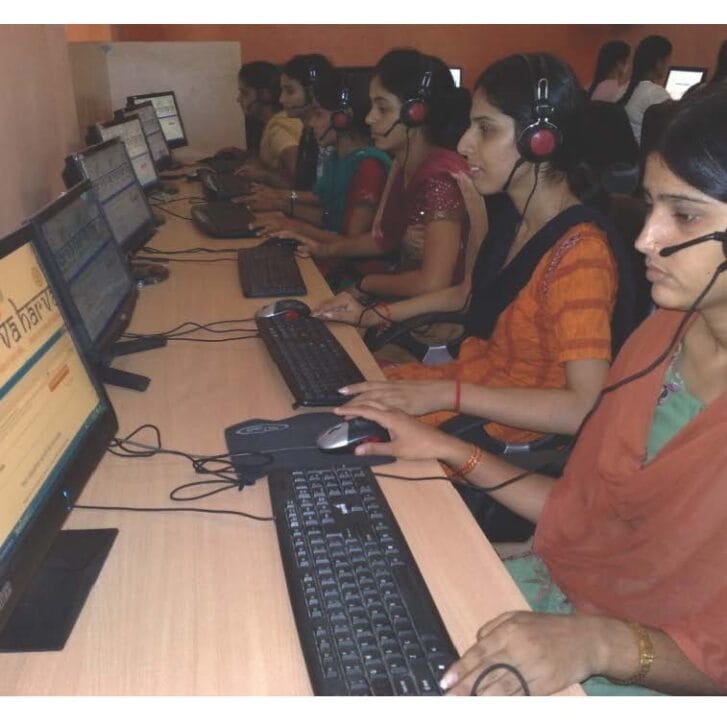The Brazilian online startup Printi is growing at a faster rate than comparable U.S. firm VistaPrint was at the same stage in its development. One and a half years ago, Florian Hagenbuch, C’10, W’10, and Mate Pencz, launched it with $1.2 million in Series-A funding from Silicon Valley and Brazilian investors. Last year, Printi produced 4,000 orders a month, grew to 30 employees and reaped $3 million in revenue, and Hagenbuch expects that last stat to triple in 2014. Though excited about the business, he is very sober in his assessment that he is “not changing the world.”
“It’s a lot less sexy, say, than a SnapChat kind of thing,” he said of his on-demand printing business.

Florian Hagenbuch, C’10, W’10, co-founder of Brazilian startup Printi
Or how about a mobile tech Pegasus unicorn that sells for, say, $19 billion, like WhatsApp?
Isn’t that what all aspiring entrepreneurs at Wharton—everywhere—hope for? Indeed, should shoot for?
Perhaps not everyone.
Hagenbuch, a former Huntsman Program scholar, was back on campus Feb. 14 with a different message. He served as a panelist during the “Innovation and Entrepreneurship in Latin America: Challenges and Opportunities That Remain Ahead” session at the 2014 Wharton Latin America Conference. The other panelists also cautioned realism to the eager attendees at the MBA student-run event, Hagenbuch reported to me afterward. Of course, he returned to Wharton to volunteer his time and energies because he hopes to inspire fellow entrepreneurs, but he wants them to be clear:
“Entrepreneurship is like running against a wall, and you keep running into the wall until it starts to fall,” he said.
Particularly in Latin America. (Hagenbuch was born in Germany but grew up in São Paulo.) There, business challenges can be so great (logistical, regulatory) that entrepreneurs might be better off thinking incrementally—on “real world” issues, as Hagenbuch put it, where room for new processes and efficiencies exist.
Take Printi. The company applies printing technology that has existed in the States and Europe for a decade and reaps savings from the normal fixed costs of sheet-fed printing. Hagenbuch stressed that there’s more to the business than borrowed ideas. He pointed to “tropicalizations” of the business model for the Brazil market, such as a cloud template service that allows franchises to print cheaply yet meet the standards of their international brands. But still, Printi’s operations can be simplified and described as producing flyers, brochures, posters and the like for less online.
Still, Latin America is exciting for entrepreneurs. Take Printi again. Half the Latin American printing market is in Brazil, and half of that is in São Paulo, Printi’s home market. Hagenbuch hopes to expand elsewhere in South America, but he might not have to anytime soon, not with half the $15 billion printing market in his neighborhood.
So should entrepreneurs, particularly in Latin America, stay grounded? Should they be encouraged? Yes and yes. Which explains why, said Hagenbuch, the students at his conference session thanked him and the other panelists for their honesty.


























